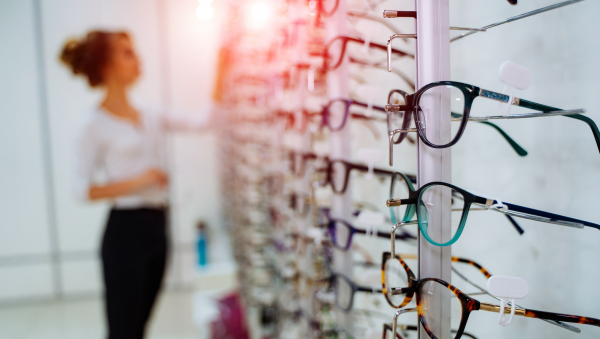Australians are being encouraged to take stock of their internet use and the associated strain on their eyes and sleep patterns.
New research has revealed that Australians are online for an average of 6.8 hours a day using various blue light-emitting devices.
Much of this usage cannot be avoided for office workers and students. However, the side effects of excessive blue light exposure can include headaches, dizziness, fatigue and insomnia which can also have negative flow-on effects on people’s mental health.
Bupa Optical Optometrist, Karen Makin, said there are all kinds of short-wavelength light, however blue light is the strongest.
“Blue light hits our retinas all the way at the back of our eyes, suppressing the secretion of melatonin, a hormone that influences circadian rhythms, effectively telling the body it’s daytime and that we should be wide awake.
“This may be fine when the day’s getting started, but not so much when it’s hitting your eyes for hours on end or when it’s time for bed,” she said.
There has been a significant spike in the number of people purchasing blue light glasses, driven by the recent rise in remote working and digital communication during the COVID-19 pandemic.
“If you find yourself looking at devices within 2-3 hours before bed or experience discomfort working in front of a screen all day, speak to an optometrist as to whether you should add blue light filters to their standard prescription or purchase non-prescription blue light lenses if you otherwise have good eyesight.
“It’s worth remembering that blue light glasses aren’t designed to be worn all the time as getting your dose of natural blue light from the sun is normal and healthy. We often recommend blue light glasses as a second pair for when people are working or scrolling on their phone for extended periods of time… think of them as sunglasses for technology,” said Ms Makin.
